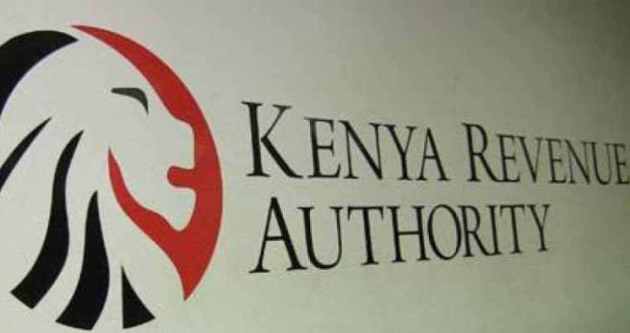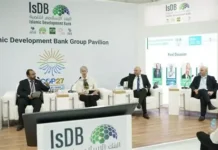The Kenya Revenue Authority has reported a remarkable surge in betting excise tax collections during the financial year ending June 30, 2025, chalking up collections of Ksh 13.233 billion a 117.2 percent performance rate over the Ksh 11.288 billion target and more than doubling figures from the prior year.
This exceptional growth reflects a comprehensive transformation in tax policy, digital enforcement, and integration with betting firms that has significantly widened the revenue base.
Central to the success was the overhaul of Kenya’s excise duty regime effective late 2024 and mid‑2025, shifting from taxing individual bets to applying a 5 percent levy on deposits and withdrawals into betting wallets.
This shift simplified compliance and broadened the taxable scope especially for offshore or virtual betting platforms that had previously avoided detection.
Equally pivotal was KRA’s real‑time integration with 141 licensed betting and gaming firms, enabling live monitoring of fund flows into and out of betting accounts.
This API‑based approach closed historic loopholes, ensuring that excise was collected at the moment of wallet transfer rather than bet placement a move that secured more consistent tax capture.
Between July 2024 and March 2025 alone, excise collections surged to Ksh 9.97 billion a 24 percent rise over the previous year’s Ksh 8.0 billion underscoring the immediate impact of reform.
Total stakes across the sector rose by over 17 percent to Ksh 75.18 billion, even as withholding tax on winnings declined by around 15 percent to Ksh 4.81 billion, suggesting lower payouts or tighter operator margins.
The strong performance contributed materially to KRA’s overall haul of Ksh 2.571 trillion, representing a 6.8 percent growth year-on-year and surpassing revenue targets despite a challenging macroeconomic landscape. Betting excise alone generated a surplus of nearly Ksh 1.945 billion over projections.
KRA authorities credit the rise to an aggressive digitalization agenda that includes the Electronic Tax Invoice Management System (eTIMS), system‑to‑system integration tools, and a broader compliance overhaul geared toward minimizing leakages.
The betting sector reforms illustrate how technology-driven enforcement can amplify tax mobilization even amid reduced nominal rates.
However, critics argue that taxing withdrawals even when a customer simply transfers funds without wagering may violate principles of proportionality and fairness. Questions remain around consumer protection and legal challenges over capital taxation.
Nonetheless, KRA’s financial year 2024/2025 results mark a dramatic pivot in Kenya’s gaming taxation framework demonstrating that reduced rates coupled with improved oversight can unlock significant revenue improvement.
The turning point underscores Kenya’s embrace of real-time, API‑based tax enforcement and sets a precedent for digital taxation models across other sectors of the economy.
Written By Ian Maleve



















